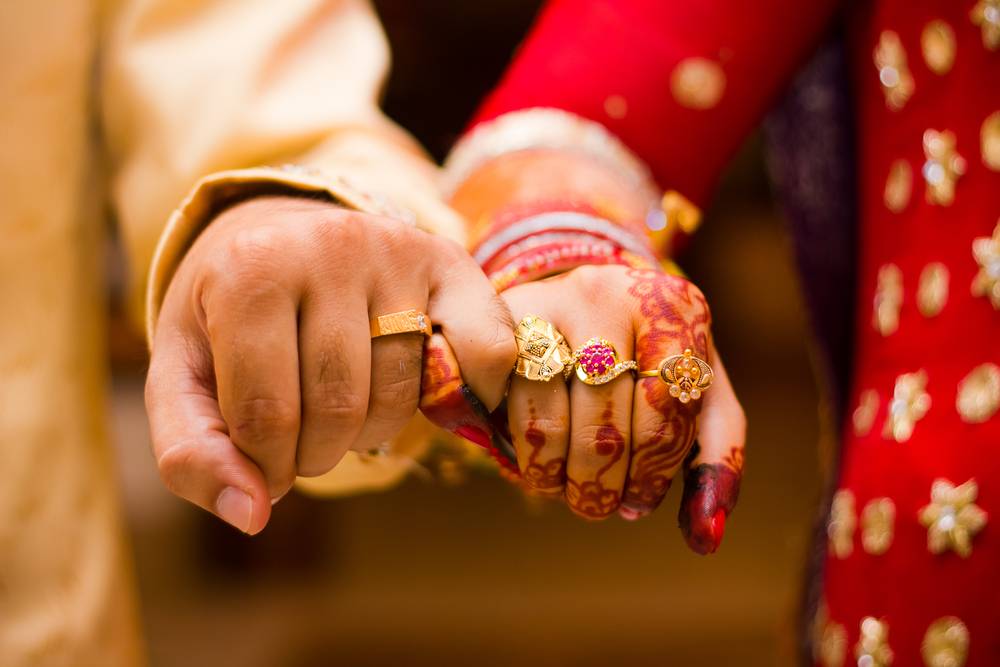Marriage is not just a social and emotional union but also a legal contract between two individuals. In India, while wedding ceremonies can differ based on religion, caste, or community, marriage registration is what provides it with legal recognition. Today, many couples overlook this crucial step, but registering a marriage is as important as the wedding itself. With the advancement of technology, the government has made it easier through online marriage registration portals, allowing couples to complete the process from the comfort of their homes.
Why is Marriage Registration Important?
Marriage registration is more than just paperwork; it provides couples with a legal safeguard. Below are key reasons why it is essential:
- Legal Proof of Marriage
A marriage certificate serves as official proof of marriage. It is recognized by courts, banks, embassies, and government authorities. - Rights and Security
Registered marriages ensure the legal rights of both partners. In cases of disputes, divorce, or separation, the marriage certificate plays a vital role in claiming alimony, custody, or inheritance. - Visa and Immigration
For couples planning to move abroad, a marriage certificate is mandatory for spouse visas, joint residency, or other immigration-related processes. - Property and Financial Benefits
Registered marriages help in property succession, insurance claims, bank nominations, and tax benefits as a legally recognized spouse. - Social Security
In case of unfortunate events like the death of a partner, the marriage certificate enables the surviving spouse to claim pension or compensation benefits.
Who Can Apply for Marriage Registration?
According to the Hindu Marriage Act, 1955 or the Special Marriage Act, 1954, couples belonging to Hindu, Sikh, Jain, Buddhist, or inter-religion marriages are eligible for registration. The basic eligibility includes:
- The bride must be at least 18 years old and the groom 21 years old.
- Both partners must give free consent for the marriage.
- Neither party should already be married at the time of registration.
How Online Portals Make Marriage Registration Easy
Earlier, couples had to visit local registrar offices multiple times to get their marriage registered. Today, most state governments offer online marriage registration services that simplify the process. Here’s how it works:
Step 1: Visit the Official State Government Portal
Each state has its own marriage registration portal, usually managed by the Revenue Department or Registrar of Marriages. For example, states like Delhi, Maharashtra, and Karnataka offer smooth online facilities.
Step 2: Create an Account and Login
Couples need to register on the portal using their email ID, Aadhaar number, or mobile number to get login credentials.
Step 3: Fill in the Online Application Form
The online form requires details such as:
- Names of bride and groom
- Date and place of marriage
- Address proof of both parties
- Age proof (birth certificate, Aadhaar, or school leaving certificate)
- Photographs of the wedding ceremony
Step 4: Upload Documents
Scanned copies of required documents like Aadhaar card, marriage invitation card, and photographs are uploaded directly on the portal.
Step 5: Pay the Fees Online
The government charges a nominal fee for registration. Payments can be made through debit/credit cards, net banking, or UPI.
Step 6: Book Appointment for Verification
After successful application, couples receive an acknowledgment slip. They can schedule an appointment at the registrar’s office for document verification and witness signatures.
Step 7: Receive Marriage Certificate
Upon verification, the registrar issues the digital marriage certificate, which can be downloaded or collected in person.
Benefits of Online Marriage Registration
- Convenience: No need for repeated physical visits to government offices.
- Transparency: The online process reduces middlemen and ensures fair procedures.
- Time-Saving: Applicants can apply, pay fees, and track status online.
- Anywhere Access: Couples living in other cities or abroad can start the process without being physically present.
Marriage registration is not just a legal formality—it is a lifelong safeguard that protects the rights of both partners. Thanks to online portals, registering a marriage has become hassle-free, quick, and efficient. Every couple, regardless of their religion or background, should make it a priority to get their marriage legally registered. By doing so, they not only secure their future but also ensure that their bond is recognized under the law.
